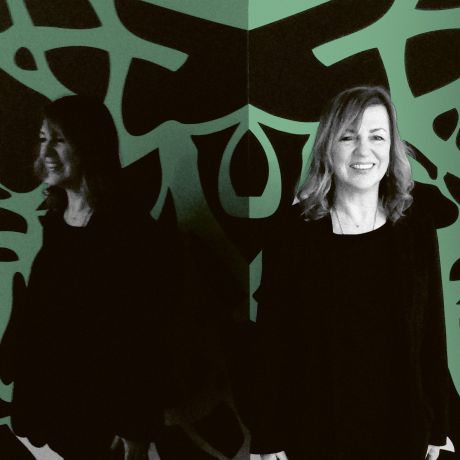
In the smartphone
Brussels mag N°16
Behind the scenes
TEXT MARIE HOCEPIED
Occasionally revealing one’s behind-the-scenes story has become quite fashionable. However, some establishments choose to make themselves accessible throughout the year. This is the case for Corica, an establishment specialising in the roasting of coffee as a craft.
Located close to the Grand Place, this artisanal atelier is one of Corica’s two establishments. Before even pushing the door open, there is magic at work. The aroma of freshly roasted coffee pervades the area surrounding the shop. The coffee roasting machine, a Probatone25, occupying the place of honour to the right of the entrance, is responsible for this aroma. The machine runs some twenty roasting operations per day. Supervised by one of the two Corica roasting experts, each process lasts between 12 and 16 minutes, without including the pre-heating of the immense drum. Only specialists trained in this technique can operate it. Transmission of this savoir-faire is the obsession of Harold Anciaux, owner of the company and himself a roasting expert, “the consumer’s growing infatuation with coffee enables us to introduce new varieties to them. Yet, as is the case for wine, it makes no sense, when you are a neophyte, to go for a very rare coffee. Moreover, it is a point of honour for us to propose good products at all prices”. When he cites the jewel of their selection, Harold Anciaux insists upon the different factors that play a role in the valuation of coffee. “The first element is the quality of the bean, as well as how it has been processed. When a supplier proposes a new variety, we receive an index card indicating the exact provenance of the green bean, the altitude of the plot of land, the climate and the level of precipitation in the region. We then proceed with the first stage which consists of profiling the bean on a small machine installed at the back of the store. Based on the result, we decide whether the product is suitable for us. If this is the case, we then roast the beans. In general, we favour the pure varieties, a question of not losing the quality of the original aromatic bouquet.” Harold Anciaux confided that it has happened that he removed certain varieties from their selection. “We did this recently with Maragogype, a fragile botanical variety whose quality declined after global warming.”
A thriving sector
“The sector is booming and this has created a veritable competition among coffee houses the world over. It has obliged us to stay up-to-date, but I refuse to enter the competition spiral. I want our coffee house to be a convivial place and not a locale solely dedicated to connoisseurs. Here, as from 8 o’clock in the morning, a vast number of people of different nationalities congregate at the bar. In general, the Mediterranean nationalities prefer the darker roast. However, the current trend is moving towards lighter roasts which emphasise the slightly acid note of the coffee.” Passionately interested in gastronomy, Harold Anciaux has developed partnerships with several of the capital’s restaurants, notably Comme chez Soi. For this coffee roaster who entered the world of coffee some eight years ago, following the acquisition of Corica, these encounters are a source of enrichment. He talked to us about the multidisciplinary team that contributes to strengthening the reputation of the company. “In our second store, the manager is a botanist specialising in the coffee sector. We are also working with a barista of Ecuadorian origin”, he added.
Experience comes first
The jute sacks displayed at the back of the store are an appealing way of attracting enthusiasts to the fascinating world of coffee: on each sack, you can read the name of the importer, the origin, the grading of the coffee, etc. From the other side of the room the noise of the coffee machine filter holder banging against the chrome of the coffee machine recalls the fact that here, every detail counts, “the filter holder is cleaned before preparing every new cup of coffee, hence the noise”, Harold Anciaux adds. Along the wall, some twenty coffee mills display the names of the varieties proposed at the bar and sold by weight. The roasting expert talks to us about El Palto, a Peruvian coffee with slightly chocolate notes or a Hawaiian variety, a favourite of purists. “Coffee is cultural. Some people like it black, others with milk. But here, whatever your choice, the experience begins with a shot of espresso, lovingly prepared”, concludes Harold Anciaux.
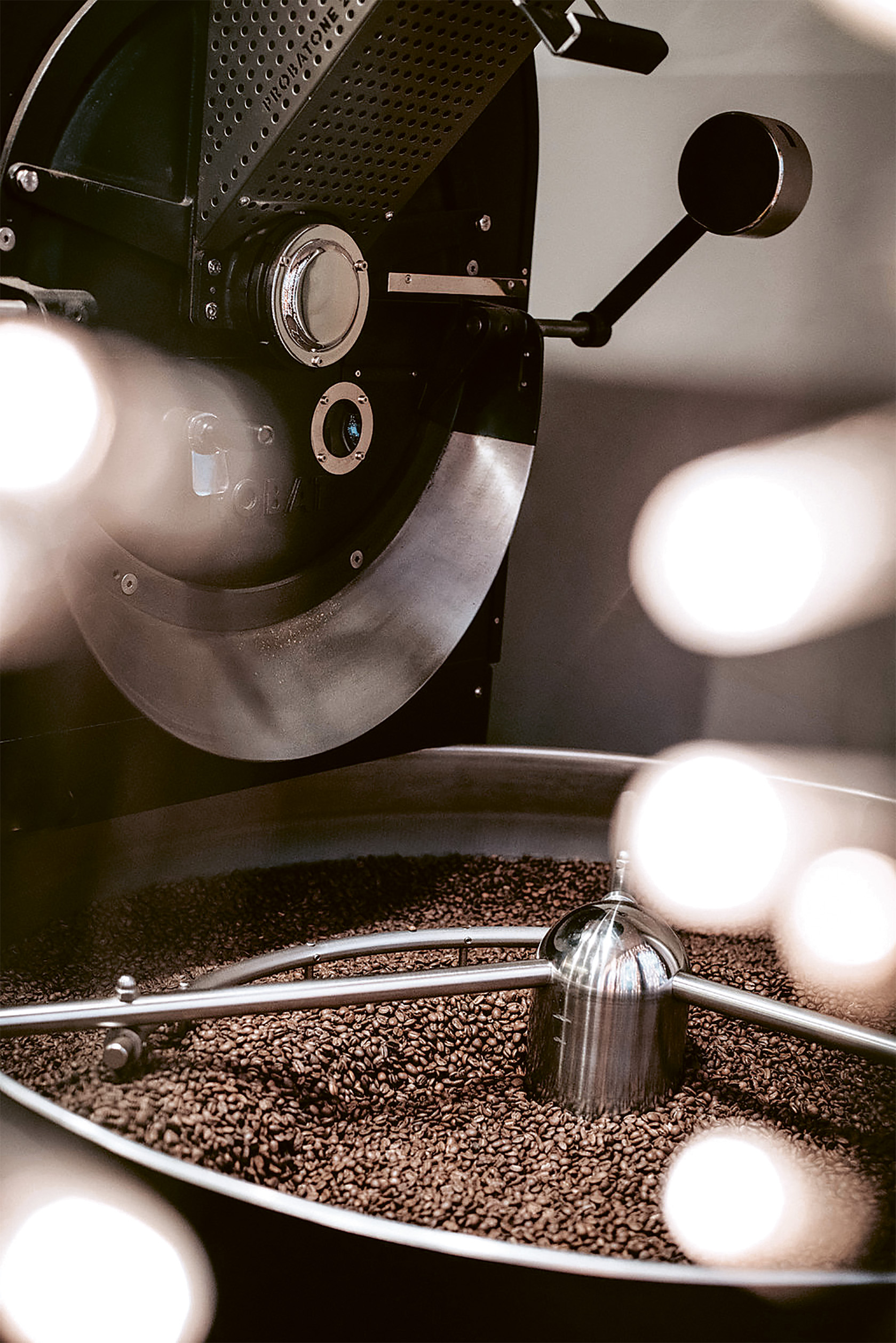
“Before arriving in your cup, coffee passes through four pairs of hands: those of the picker and the sorter, then the roaster and, finally, the barista.”

In the smartphone
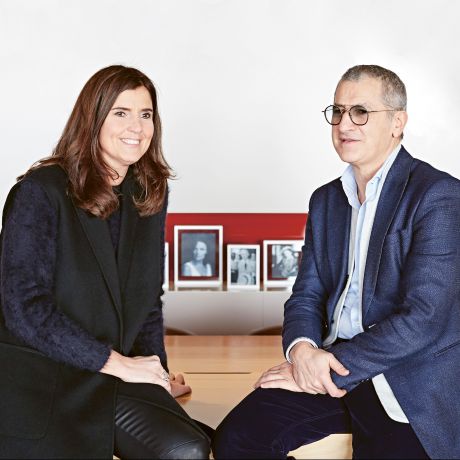
Face-à-face

Portrait
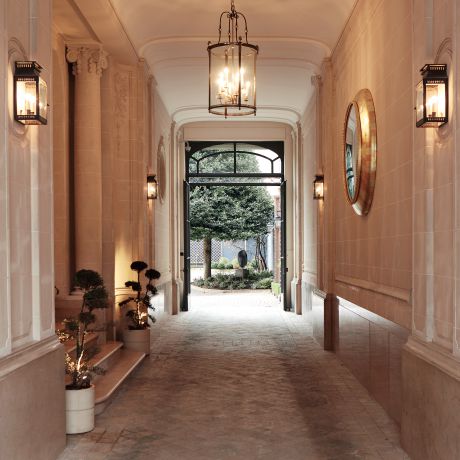
1 establishment, 3 crafts
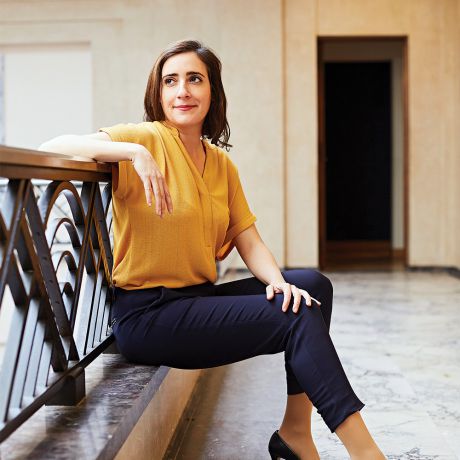
Expat
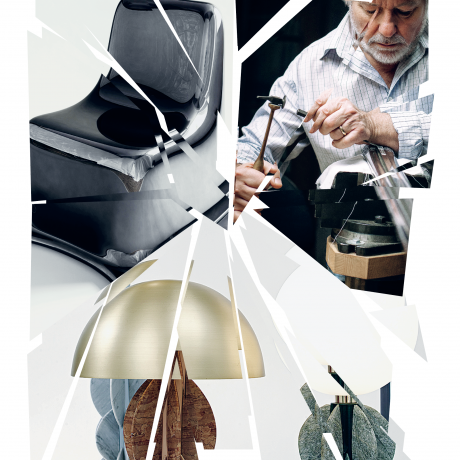
Values
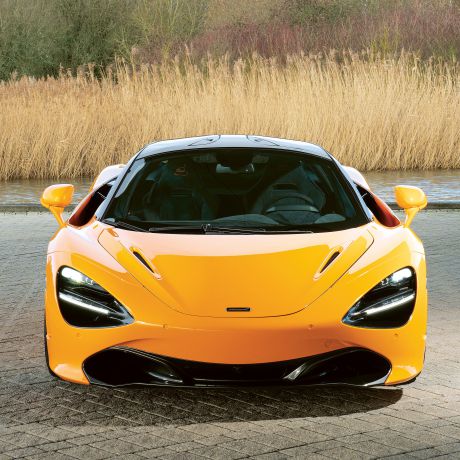
Beautiful racing cars

THE MOST BEAUTIFUL ONES